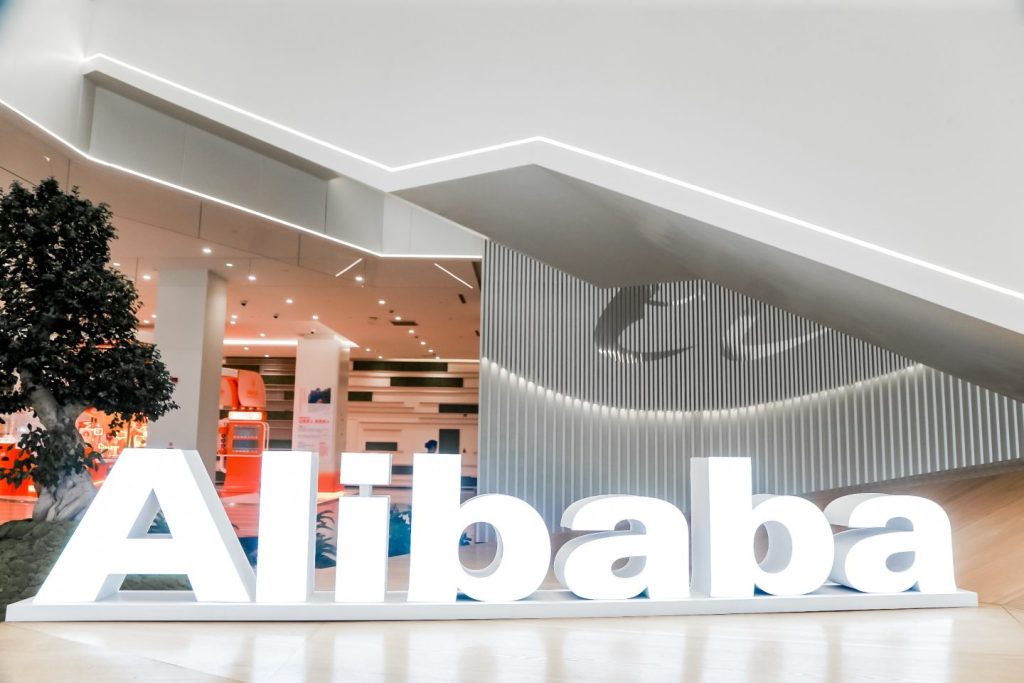At the Apsara Conference in Hangzhou, hosted by Alibaba Cloud, China’s AI startups emphasised their efforts to develop large language models.
The companies’ efforts follow the announcement of OpenAI’s latest LLMs, including the o1 generative pre-trained transformer model backed by Microsoft. The model is intended to tackle difficult tasks, paving the way for advances in science, coding, and mathematics.
During the conference, Kunal Zhilin, founder of Moonshot AI, underlined the importance of the o1 model, adding that it has the potential to reshape various industries and create new opportunities for AI startups.
Zhilin stated that reinforcement learning and scalability might be pivotal for AI development. He spoke of the scaling law, which states that larger models with more training data perform better.
“This approach pushes the ceiling of AI capabilities,” Zhilin said, adding that OpenAI o1 has the potential to disrupt sectors and generate new opportunities for startups.
OpenAI has also stressed the model’s ability to solve complex problems, which it says operate in a manner similar to human thinking. By refining its strategies and learning from mistakes, the model improves its problem-solving capabilities.
Zhilin said companies with enough computing power will be able to innovate not only in algorithms, but also in foundational AI models. He sees this as pivotal, as AI engineers rely increasingly on reinforcement learning to generate new data after exhausting available organic data sources.
StepFun CEO Jiang Daxin concurred with Zhilin but stated that computational power remains a big challenge for many start-ups, particularly due to US trade restrictions that hinder Chinese enterprises’ access to advanced semiconductors.
“The computational requirements are still substantial,” Daxin stated.
An insider at Baichuan AI has said that only a small group of Chinese AI start-ups — including Moonshot AI, Baichuan AI, Zhipu AI, and MiniMax — are in a position to make large-scale investments in reinforcement learning. These companies — collectively referred to as the “AI tigers” — are involved heavily in LLM development, pushing the next generation of AI.
More from the Apsara Conference
Also at the conference, Alibaba Cloud made several announcements, including the release of its Qwen 2.5 model family, which features advances in coding and mathematics. The models range from 0.5 billion to 72 billion parameters and support approximately 29 languages, including Chinese, English, French, and Spanish.
Specialised models such as Qwen2.5-Coder and Qwen2.5-Math have already gained some traction, with over 40 million downloads on platforms Hugging Face and ModelScope.
Alibaba Cloud added to its product portfolio, delivering a text-to-video model in its picture generator, Tongyi Wanxiang. The model can create videos in realistic and animated styles, with possible uses in advertising and filmmaking.
Alibaba Cloud unveiled Qwen 2-VL, the latest version of its vision language model. It handles videos longer than 20 minutes, supports video-based question-answering, and is optimised for mobile devices and robotics.
For more information on the conference, click here.
(Photo by: @Guy_AI_Wise via X)

Want to learn more about AI and big data from industry leaders? Check out AI & Big Data Expo taking place in Amsterdam, California, and London. The comprehensive event is co-located with other leading events including Intelligent Automation Conference, BlockX, Digital Transformation Week, and Cyber Security & Cloud Expo.
Explore other upcoming enterprise technology events and webinars powered by TechForge here.

